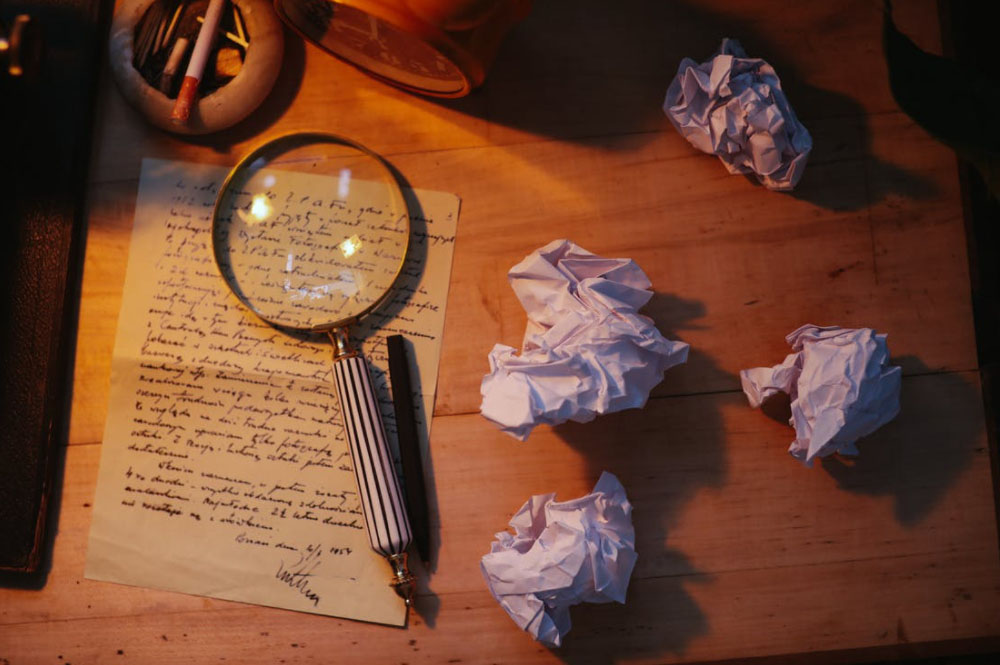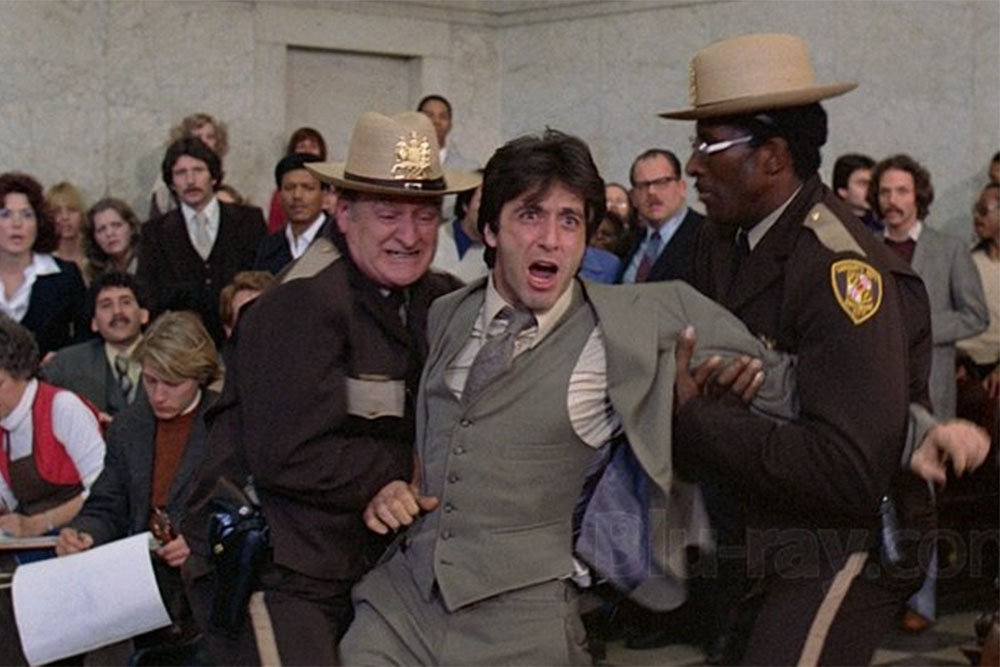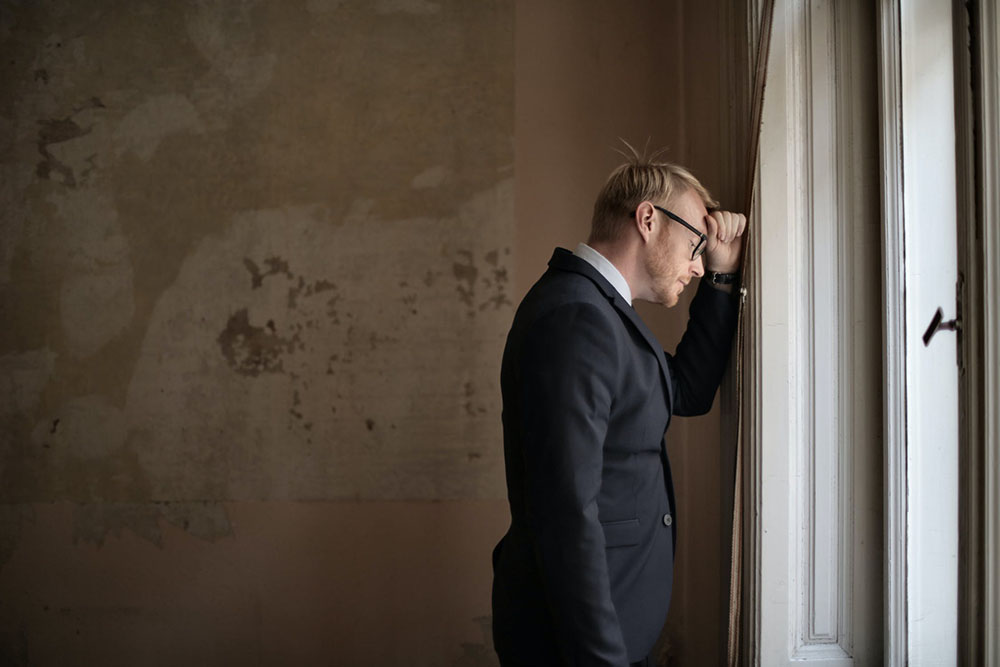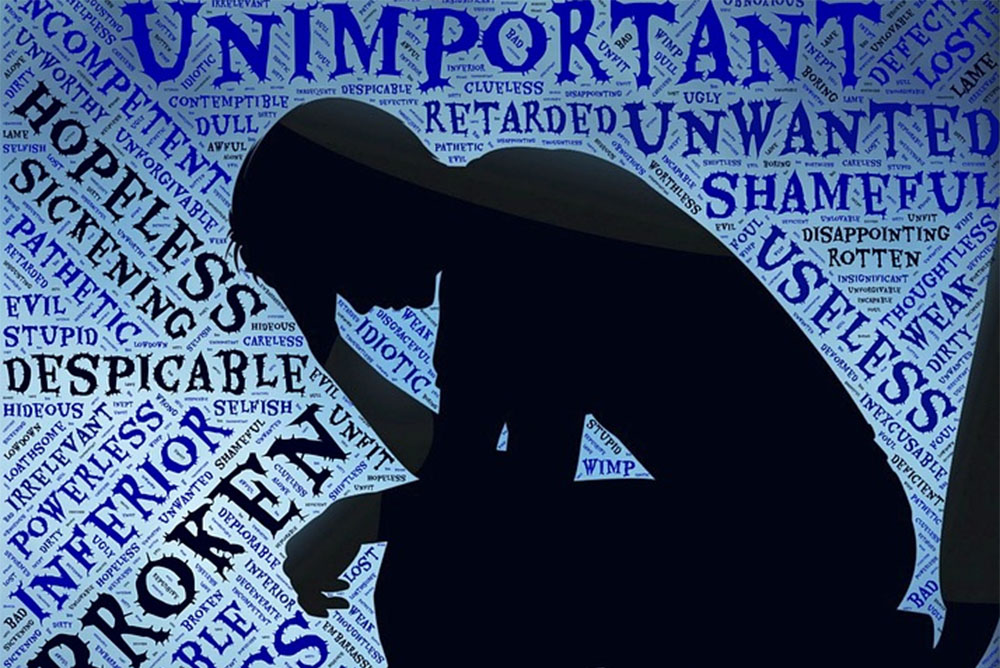The Nature of the “Want”
“To every action there is always opposed an equal reaction.” – Isaac Newton While exploring the nature of the “want” in your story, it’s important to understand that you...
Why Do We Write?
Why do we write? There is nothing logical about wanting to be a writer. The lives of artists can be awful, despairing, regret-filled exercises in futility. Writers and artists can be some of the most...
How Do You Identify the Dilemma in Your Story?
At the heart of every story lies a dilemma from which all tensions and conflicts arise. How do you identify the dilemma in your story? There are two ingredients: A powerful desire A false belief...
The Difference Between Journaling and Storytelling
The difference between journaling and storytelling is context. Journaling is simply documenting what happened. Storytelling involves illustrating the meaning of what happened. Our goal as storytellers...
What is Genius?
What is genius? I don’t like it when people use the term genius, primarily because I think they misuse the word. I believe that genius is an aspect of our nature, rather than a character trait...
Begin Your Story
There are as many ways to begin your story as there are ways to procrastinate. Beginning to write your book or screenplay is easier than you think. All you have to do is sit down, get out a sheet of...
Using Your Credo to Create Story Conflict
(Image from And Justice for All, 1979) You can’t have story without conflict. As writers, it is important to investigate and become conscious of what we feel strongly about. Find those issues...
Make it Dramatic
“Drama is life with the dull bits cut out.” – Alfred Hitchcock Story moves as the result of complications that arise, not out of plot, but out of character and theme. As our protagonist attempts...
Everything You Need to Know is Within
“If you have a problem with the third act, the real problem is in the first act.” – Billy Wilder The purpose of story is to reveal a transformation. This shift in perception means a...
Act One: Maintaining Tension
“A writer writes not because he is educated but because he is driven by the need to communicate. Behind the need to communicate is the need to share. Behind the need to share is the need to be...
The End of the Story Informs the Beginning
In Steven Covey’s book, The 7 Habits of Highly Effective People, he states: “Begin with the end in mind.” For first-time writers, this is helpful advice. But let’s clarify. When we talk about “the...
3 Secrets for Getting Started on Writing Your First Novel
Every writer struggles with getting the story from imagination to the page. The first-time novelist confronts the special challenge of having never done this before. Here are three quick tips to help...
Shedding the Idea for Truth in Writing
It’s not just first-time novelists or screenwriters that struggle with getting their story from the imagination to the page. Every writer struggles with this. Here’s the thing: Our idea of our story...
Writing for Your Ideal Reader
Good storytelling is about having at least a somewhat conscious relationship to your ideal reader. It is about understanding the most effective order of events. Hold the story loosely, and be willing...
Writing Act Three: Our Hero Accepts the Reality of Their Situation
It can be frightening and exhilarating to realize that our story is bigger than we are, that in fact, it does not “belong” to us, that we are simply a channel. In Act Three of our story, our...
Writing Despite Fear of Criticism
In 2017, Gustavo Dudamel became the youngest conductor of a major orchestra of his time. I remember an L.A. Times journalist urged us not to get too excited about our newest conductor, counseling us...
Finding Your Writing Voice
I work with many first-time novelists, screenwriters, and memoirists, and the question of voice always comes up. “Do you think I have a voice?” asks the first-time writer. “Should it be in a different...
The Real Meaning of “Write What You Know”
Write what you know. We’ve heard this so often. But what does it mean? Does it mean that if I am a mechanic then I should only write about mechanics? Or if I am a woman, I can only write about women?...

browse by topic
Workshops

Creativity is your birthright. Your sole purpose is to build a body of work.



















